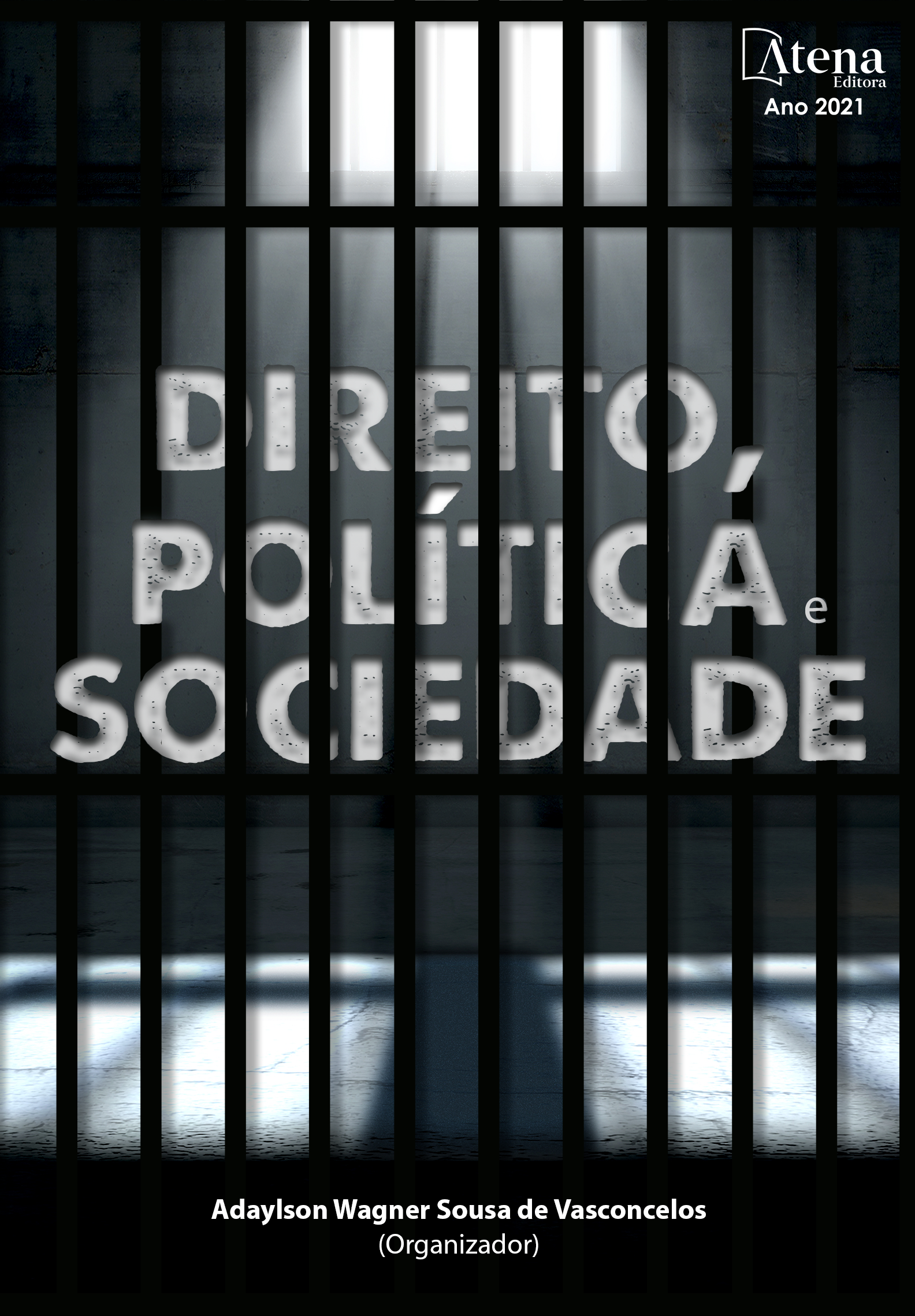
EXECUÇÃO PROVISÓRIA DA PENA E O PRINCÍPIO DA INOCÊNCIA NO BRASIL
A presente pesquisa, tem como objetivo analisar as alterações jurisprudenciais do Supremo Tribunal Federal e o conflito interno instaurado a partir do Caso da “Execução Provisória da Pena após Condenação em Segunda Instância”.
O problema de pesquisa perpassa o conjunto de fatores jurídicos e sociais advindos da possibilidade de prisão após decisão condenatória em segunda instância e em que medida o Poder Judiciário, na figura dos juízes do Supremo Tribunal Federal, pode relativizar a presunção de inocência, ou não culpabilidade, do réu sem que haja o trânsito em julgado de sentença penal condenatória, conforme dispositivo expresso no Art. 5º, LVII da Constituição Federal [1]e no Art. 283 do Código de Processo Penal[2].
Busca-se demonstrar que na resolução deste Caso, de maneira excepcional, o Supremo na condição de guardião da Constituição Federal, não foi capaz de solucionar o problema sobre a interpretação constitucional e portanto, diante dessa hipótese, cabe ao poder legislativo dar “a palavra final” sobre o tratamento que se espera que o Brasil adote acerca do início da execução da pena.
EXECUÇÃO PROVISÓRIA DA PENA E O PRINCÍPIO DA INOCÊNCIA NO BRASIL
-
DOI: 10.22533/at.ed.5572106123
-
Palavras-chave: Supremo Tribunal Federal, Conflito interno, Execução Provisória da Pena, Palavra final.
-
Keywords: Supreme Court, Internal Conflict, Provisional Execution of Penalty, Final Word.
-
Abstract:
This research aims to analyze the Supreme Court’s jurisprudence changes and the supposed internal conflict initiated from the Provisional Execution of the Penalty Case after second instance conviction.
The research problem runs through the set of legal and social factors arising from the possibility of imprisonment after second instance conviction and to what extent the Judiciary, in the figure of the Supreme Court judges, can relativize the presumption of innocence of the defendant whithout having the final judgment, according to art. 5º, LVII of the Constitution of Brazil and in art. 283 of the Brazilian Criminal Procedure Code.
It seeks to demonstrate that in this exceptional situation, the guardian of the Federal Constitution, was not able to solve the constitutional interpretation and that therefore, to the legislative power to give the final say on the treatment that Brazil is expected to adopt regardin the beginning of criminal execution.
-
Número de páginas: 15
- BRUNO RAFAEL ALVES AGUIAR


